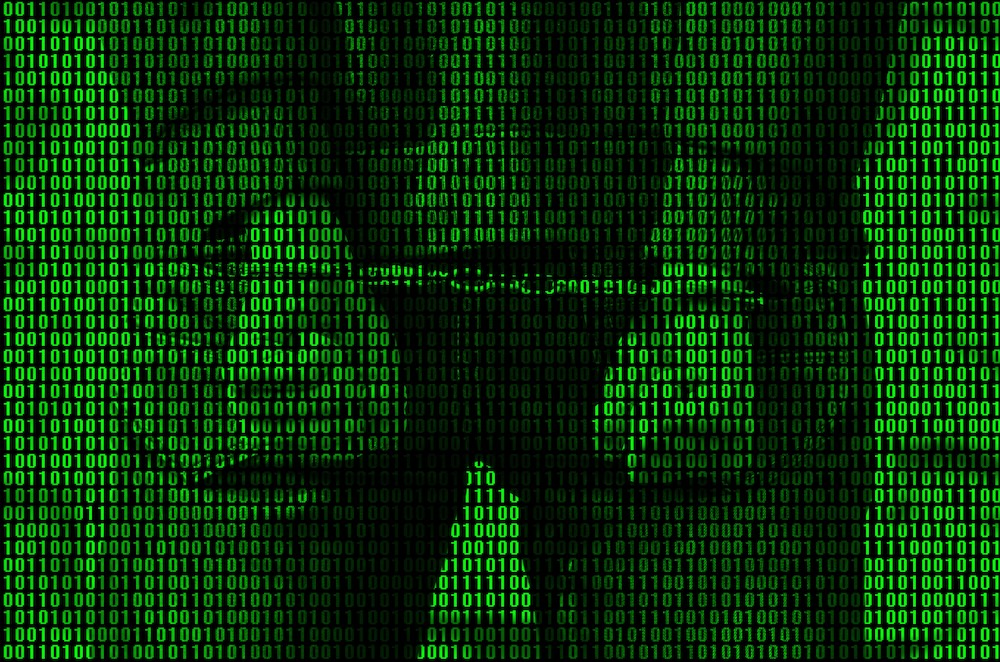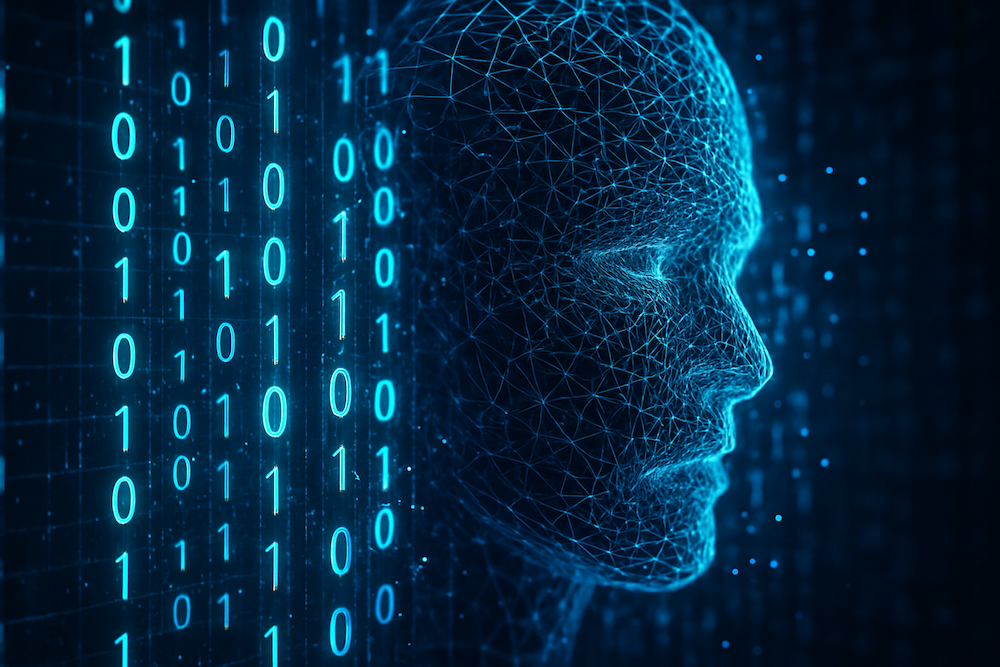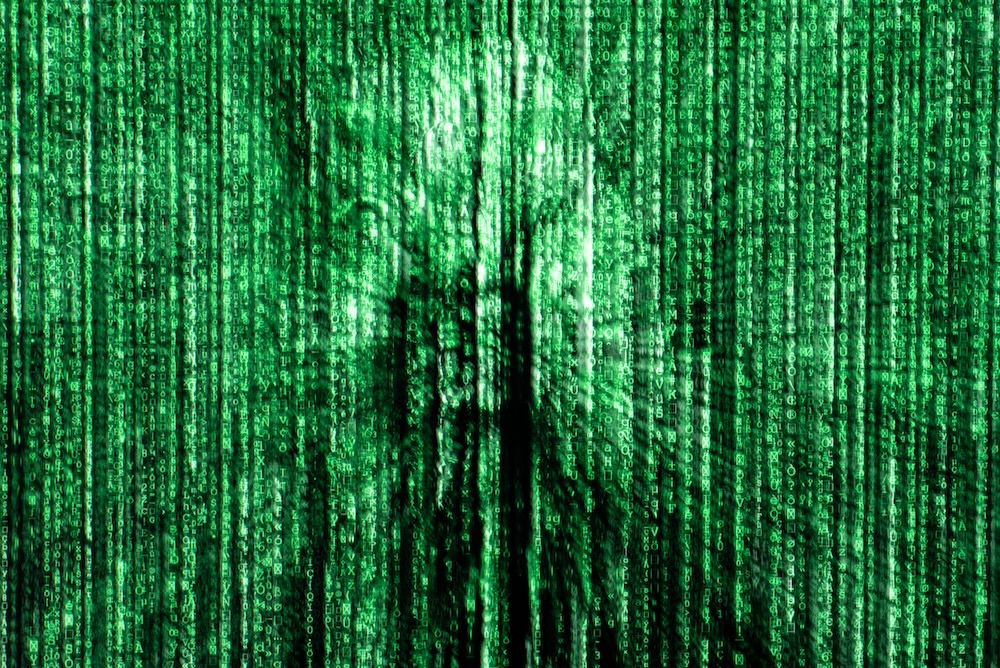Could everything you experience—every sensation, memory, and thought—be nothing more than sophisticated computer code? The simulation hypothesis suggests that our entire reality might be an artificial construct, indistinguishable from the "real" world.
The Digital Prison We Cannot Escape
Imagine waking up tomorrow to discover that your entire life, every person you've known, every sunset you've witnessed, and every emotion you've felt were nothing more than elaborate algorithms running on some advanced alien computer. This isn't science fiction anymore—it's a serious philosophical proposition that has captured the attention of leading scientists, philosophers, and tech visionaries alike.

The simulation hypothesis posits that what we experience as reality could actually be a sophisticated computer simulation, much like the virtual world depicted in The Matrix. But unlike the dystopian fiction, this theory emerges from rigorous philosophical reasoning and cutting-edge scientific observations about the nature of our universe.
Bostrom's Trilemma: The Mathematical Foundation
The modern formulation of the simulation hypothesis was crystallized in 2003 by Oxford philosopher Nick Bostrom in his groundbreaking paper "Are You Living in a Computer Simulation?" Bostrom didn't simply speculate—he constructed a mathematical argument that forces us to accept one of three uncomfortable possibilities:
- Civilizations go extinct before reaching technological maturity (the ability to run realistic simulations)
- Advanced civilizations choose not to run ancestor simulations
- We are almost certainly living in a computer simulation
The logic is elegantly simple yet disturbing. If civilizations survive long enough to develop the computational power necessary to simulate conscious beings, they would likely create many such simulations. The number of simulated beings would vastly outnumber "real" ones. Therefore, any randomly selected conscious being—including you—would statistically be more likely to be simulated than real.
Bostrom argues that unless we believe humanity will go extinct or that advanced civilizations universally lose interest in creating simulations, we must seriously consider that we are artificial beings living in a digital universe.
The Celebrity Endorsement That Shook the World
The simulation hypothesis gained unprecedented mainstream attention when Elon Musk declared at a 2016 conference that "the odds that we are in base reality is one in billions." Musk's reasoning centers on the exponential improvement in video game graphics and virtual reality technology.
"If you assume any rate of improvement at all, games will eventually be indistinguishable from reality."
Given that video games went from simple pixels to photorealistic environments in just four decades, Musk extrapolates that future simulations would be impossible to distinguish from reality.

Neil deGrasse Tyson, the renowned astrophysicist, has also endorsed the hypothesis, stating he gives it "better than 50-50 odds." Tyson admits, "I wish I could summon a strong argument against it, but I can find none."
Quantum Mechanics: The Smoking Gun?
Perhaps the most intriguing evidence for the simulation hypothesis comes from quantum mechanics—the bizarre set of rules governing subatomic particles. Several quantum phenomena eerily mirror what we might expect from a simulated reality:
The Observer Effect
In quantum mechanics, particles exist in multiple states simultaneously until observed. This "wave function collapse" suggests that reality might only be "rendered" when needed—much like how video games only generate detailed graphics for areas the player is currently viewing.
Pixelated Reality
Quantum mechanics reveals that reality has fundamental limits: there are smallest possible units of space (Planck length), time (Planck time), and energy. This discretization of reality resembles the pixelated nature of digital simulations.
The Speed of Light Limit
Einstein's universal speed limit might actually be a processing constraint. Just as an overloaded computer slows down, Einstein's relativity shows that time dilates near massive objects—potentially indicating computational bottlenecks in our simulated universe.
Quantum Uncertainty
The fundamental uncertainty principle might reflect computational shortcuts. Instead of calculating every particle's exact position and momentum (which would require infinite processing power), the simulation might use probability distributions—revealing its true nature only when forced to "commit" to specific values through observation.
The Scientific Quest for Digital Fingerprints
Researchers are developing ingenious experiments to test whether we're living in a simulation:
Cosmic Ray Experiments
Physicists Silas Beane, Zohreh Davoudi, and Martin Savage proposed that a simulated universe would use a discrete grid-like structure to save computational resources. This should create detectable asymmetries in high-energy cosmic ray distributions—like finding the pixels in a digital image.
Quantum Double-Slit Tests
Researcher Houman Owhadi has designed variations of the famous double-slit experiment specifically to catch a simulation "cheating" by not calculating results until observed. These tests could reveal whether quantum superposition is real or merely a computational optimization.
Looking for Glitches
Scientists search for "glitches in the Matrix"—inconsistencies in physical laws or constants that might reveal errors in the simulation's code. Some researchers monitor whether fundamental constants might drift over time or show unexplained variations.
The Consciousness Paradox
The simulation hypothesis faces a fundamental challenge: the problem of consciousness. For the theory to work, simulated beings must actually be conscious—not just behaving as if they were conscious (philosophical zombies).

This requires accepting substrate independence—the idea that consciousness can arise from any sufficiently complex information processing system, whether biological brains or silicon chips. However, we still don't understand how consciousness emerges from matter, making it impossible to verify whether a computer simulation could truly generate subjective experience.
David Chalmers, a leading consciousness researcher, argues that if functionalism is correct—if mental states depend only on computational relationships, not specific physical substrates—then conscious simulations are possible. But if consciousness requires something unique to biological systems, then we cannot be simulated beings.
The Skeptics Strike Back
Despite its philosophical rigor, the simulation hypothesis faces substantial criticism:
Computational Impossibility
Critics argue that simulating a universe would require computational resources exceeding the physical limits of any computer that could fit within that universe. Quantum physicist Sabine Hossenfelder notes that accurately reproducing natural laws, especially quantum mechanics and general relativity, appears impossible with any known computing architecture.
The Infinite Regress Problem
If we're in a simulation, who's to say our simulators aren't also simulated? This leads to an infinite hierarchy of simulations—a possibility that seems to require impossibly vast computational resources at the "base" level.
Unfalsifiability
Critics like Richard Carrier argue that the simulation hypothesis is essentially unfalsifiable—like claiming "God hides all evidence of His existence." Any evidence against the simulation can be explained away by assuming the simulators are clever enough to hide their tracks.
Motivational Problems
Why would advanced civilizations dedicate enormous resources to simulating primitive beings like us? Some argue that truly advanced civilizations would have better things to do than run billions of ancestor simulations.
Information Physics: A New Perspective
A growing field called information physics suggests that reality itself might be fundamentally computational. Physicist John Wheeler popularized the phrase "it from bit," proposing that all physical phenomena emerge from binary choices—yes/no answers to quantum mechanical questions.
This perspective doesn't require us to be simulations in someone else's computer. Instead, it suggests the universe itself operates like a quantum computer, with space, time, and matter emerging from information processing at the most fundamental level.
Max Tegmark has proposed that consciousness might be a particular pattern of information processing that could, in principle, be instantiated on any suitable substrate. This "substrate independence" could make simulated consciousness not just possible, but inevitable as computing power increases.
Testing the Matrix: Experimental Approaches
Several experimental approaches could potentially detect if we're living in a simulation:
Quantum Computing Paradoxes
As we develop quantum computers, we might discover computational limits that suggest our own reality is similarly constrained. If certain quantum calculations prove impossible even with unlimited classical computing power, it might indicate that our reality runs on quantum computational principles.
Cosmological Anomalies
Astronomers search for patterns in the cosmic microwave background or galaxy distributions that might reveal a grid-like structure underlying spacetime. Such discoveries could indicate that space itself is discretized for computational efficiency.
Consciousness Experiments
Researchers like Giulio Tononi are developing mathematical theories of consciousness that might eventually allow us to determine whether artificial systems can truly experience subjective states. If we can create conscious AIs, it would support the possibility that we ourselves might be simulated.
The Multiverse Connection
The simulation hypothesis connects to theories about infinite universes. If the many-worlds interpretation of quantum mechanics is correct, then every quantum measurement spawns new universes. In an infinite multiverse, every possible simulation would exist somewhere—including perfect simulations of reality indistinguishable from the "original."
String theory suggests our universe might be one of countless possibilities in a vast "landscape" of potential realities. If advanced civilizations can access this landscape through simulation technology, they might run countless variations of universe-level simulations.
Living in the Matrix: Practical Implications
If we are indeed living in a simulation, what does this mean for how we should live our lives?
Ethical Considerations
If simulated beings can suffer, then our experiences have moral weight regardless of their artificial nature. The pain of a simulated being would be just as real as that of a "natural" being.
The Search for Purpose
Some argue that being simulated doesn't diminish the meaning of our existence. Our relationships, achievements, and growth remain meaningful within the context of our experienced reality.
The Escape Question
Unlike in The Matrix, there might be no "red pill" that allows escape from a perfect simulation. If our entire conceptual framework for understanding reality is itself simulated, we might lack the cognitive tools to even comprehend what lies beyond the simulation.
The Verdict: Simulated or Real?
The simulation hypothesis represents one of the most profound challenges to our understanding of reality since Copernicus displaced Earth from the center of the universe. While we cannot definitively prove we're not living in a simulation, several factors suggest we should remain skeptical:
Arguments for the simulation hypothesis:
- The rapid advancement of computing and virtual reality technology
- Quantum mechanical phenomena that resemble computational processes
- The mathematical logic of Bostrom's trilemma
- The discrete, pixelated nature of reality at quantum scales
Arguments against the simulation hypothesis:
- The enormous computational requirements would likely exceed physical limits
- No compelling evidence for glitches or artifacts that would reveal simulation
- The problem of consciousness remains unsolved
- Occam's Razor suggests accepting reality at face value until proven otherwise
Bayesian analysis by astronomer David Kipping suggests the odds are roughly 50-50, acknowledging our profound uncertainty about these fundamental questions.
The Deeper Question
Perhaps the simulation hypothesis reveals something more important than whether we're living in a computer program. It forces us to confront the limits of human knowledge and the assumptions underlying our understanding of reality.
Whether we're biological beings in a physical universe or digital entities in a vast computer simulation, we face the same fundamental questions: What is the nature of consciousness? What gives life meaning? How should we treat one another?
The simulation hypothesis reminds us that reality—whatever its ultimate nature—remains profoundly mysterious. In a sense, we've always been living in a kind of simulation: the model of reality constructed by our brains from limited sensory data. The question isn't whether we can escape the Matrix, but whether we can learn to think more clearly about the nature of existence itself.
As we stand on the threshold of creating our own artificial worlds populated by digital beings, the simulation hypothesis forces us to consider our responsibilities as potential simulators—and our dignity as potentially simulated beings. In the end, perhaps that's the most important insight of all.
